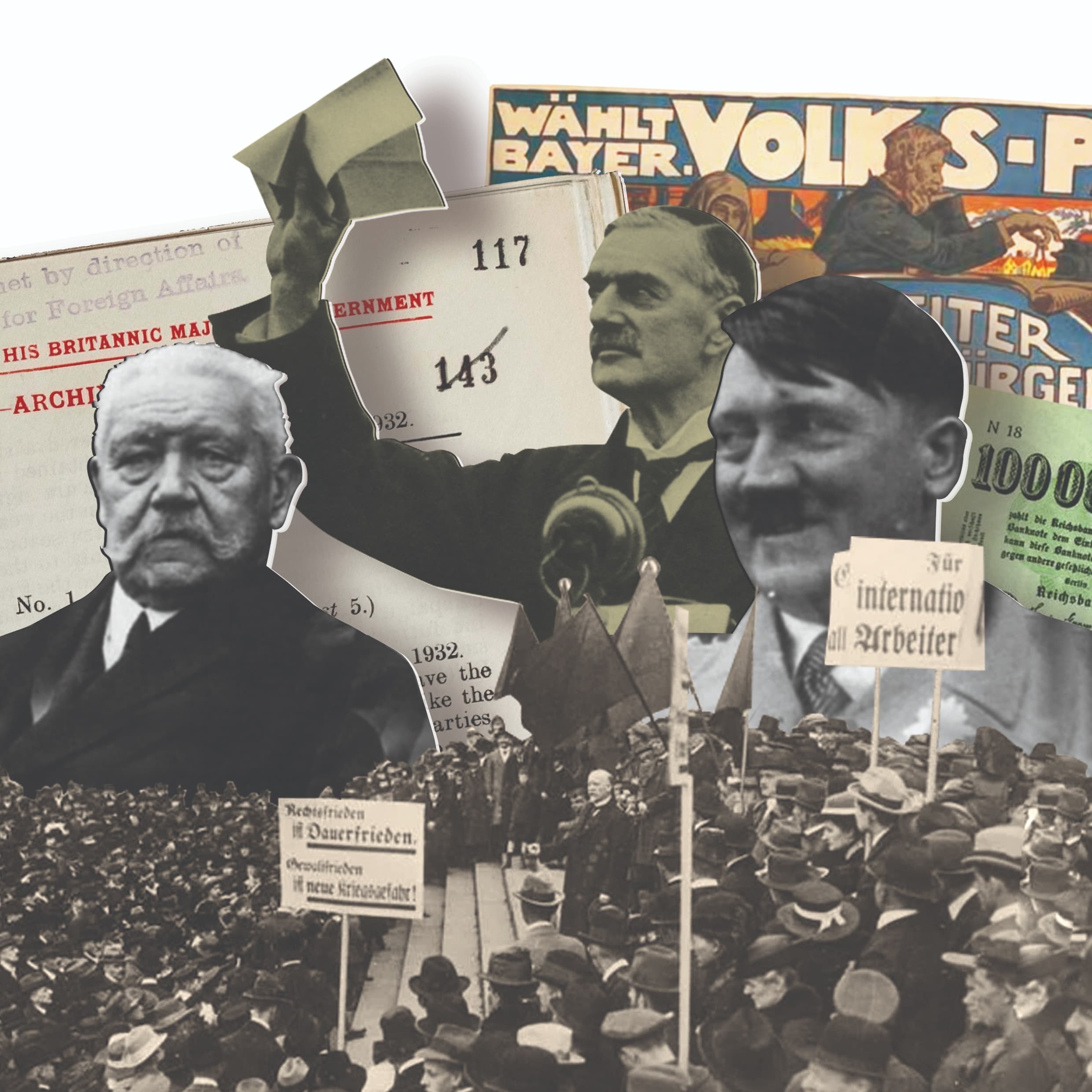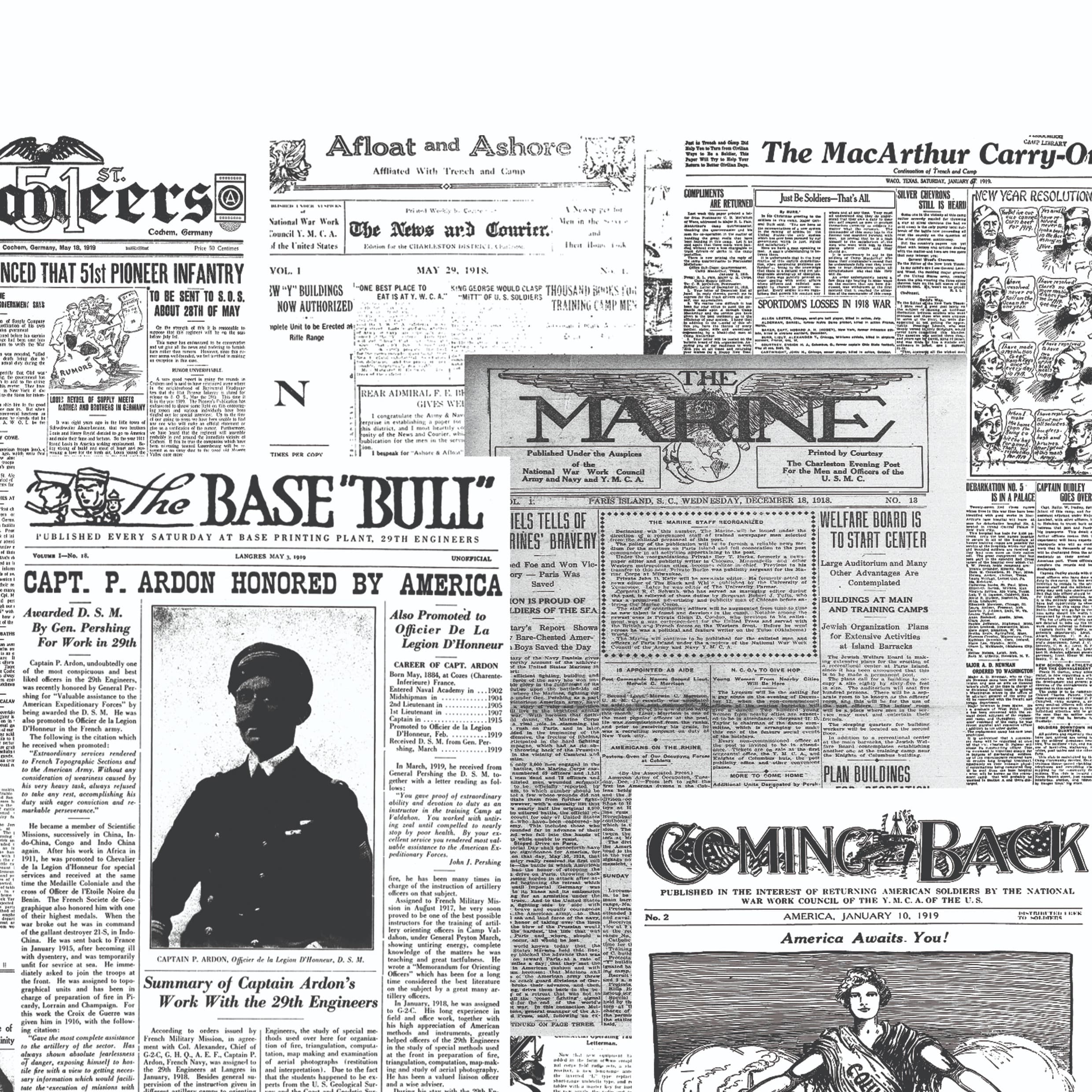Sourced from The National Archives (UK) and the History of Advertising Trust, the collection presents views of everyday life during turbulent decades—from book rations of the 1940s to the voices of evacuees, factory workers, refugees, and civil servants.
Rare documents cover food, morale, crime, bomb shelters, air raids, racism, and economic hardships—from government surveys to the narratives and testimonies of ordinary citizens.
At a glance
6,824
publications—all previously undigitized
11
file collections—covering eleven government departments, with associated ads and propaganda
A broad range of topics
Surveys on the social impact of bombing
Records of local wartime organizations
Reports on the living conditions of bomb shelters
Regional evacuation numbers
Minutes of local Food Control Committees
Records of the Government Evacuation Scheme
Home Affairs papers of Churchill's War Cabinet
Policy papers on refugees and internment
Records of the Women's Land Army
Committee on National Service and the wartime workforce
Civil intelligence reports from the Ministry of Information and the Ministry of Home Security
Records of Home Guard units
Transcripts of Axis broadcasts
Government propaganda, including film production documents and "Kitchen Front" PR broadcasts from the Ministry of Food
Advertisements for government initiatives
Local snapshots, global context
The collection offers more than a domestic snapshot. It also tracks how British policy, propaganda, and public sentiment responded to global challenges.
Researchers will find rich insights into how governments made decisions, how communities adapted—or fractured—and how people, from the most ordinary to the most overlooked, recorded their lives in times of upheaval.
Communications throughout the British Empire and among Britain’s allies—British policies around the world, comparative surveys of conditions outside of the UK, and other materials—illustrate global relationships and attitudes.
For studying gender, race, class, health, media, and public policy, British Society is a vivid, indispensable primary source for understanding the forces that defined a century.
Insights into how policy was made

1: Data
Statistics and narratives addressing a situation
Reports, surveys, letters from the public, statistical data, maps, charts, and diagrams that will inform a plan of action.

2: Analysis of the data
Government interpretation of details
Briefings, official correspondence, meeting minutes, and memoranda documenting how a policy response is formulated.

3: Policy
Implementation and propaganda
Advertisements, pamphlets, posters, film and broadcast transcripts, press summaries, publications, and other elements of the policy put into action.
"The sheer volume of material available here deserves recognition: this is not a partial nor selective view, but rather a comprehensive catalogue of various aspects of British society during the Second World War."
Support for teaching and learning
Students want to engage with previously secret primary sources—and these are especially accessible, because many are written simply, in the form of briefings.
Additional support tools include:
Subject essays and lesson plans written by members of the Editorial Board
Video introductions, seminar topics, reading lists and document-based questions
A glossary of key people, ministers, and other officials who constituted the government of the UK
An organizational directory of contributing organizations
"From the public and official face of the war to the rumors that spread like wildfire, from the individual experiences of civilians under aerial bombardment to government effort to manage a total war economy—it’s all here.”





